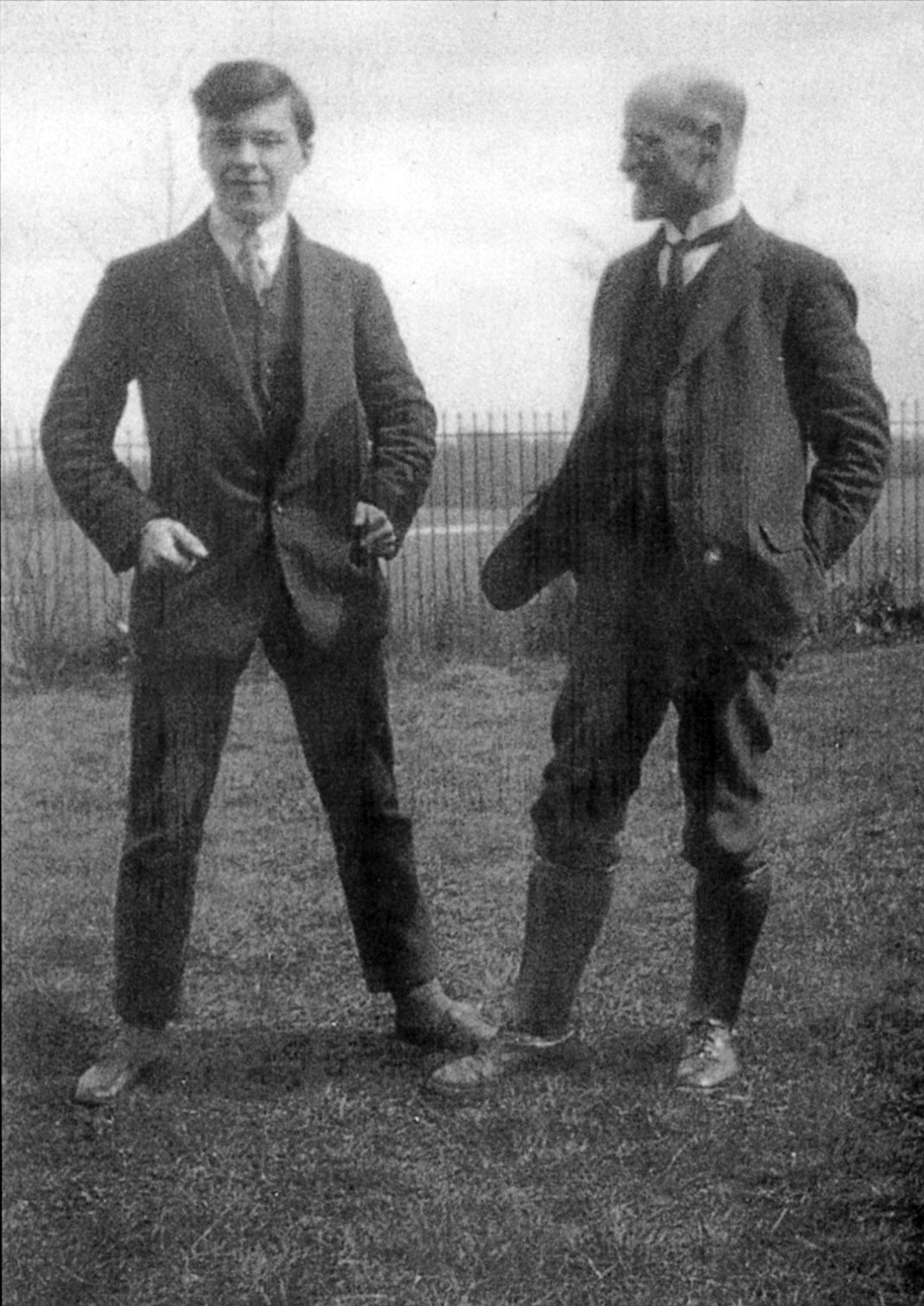2,221 forgotten poets of the First World War
3 December 2013 by Infinite Ideas in Book publishing
by Richard Burton, author of A strong song tows us
Liam Guilar’s thorough and thoroughly positive review of A strong song tows us in Lady Godiva and Me is a delight. Towards the end of his review Guilar raises some interesting points about how poets’ reputations are built and how the fact that they (sometimes) survive is at the mercy of the whirlpools academics create as they forge their own careers. It’s a point that he develops in his blog of 24 October 2013: “The shrinking of poetry from the public domain into academic institutions means that what gets read at school and taught at university, sets up a perverse kind of brand loyalty and what is read at school has more to do with what schools have to do, than with any kind of poetics. If no one ever published another poem, schools could continue blithely teaching their compulsory version of poetry because it has never borne much relationship to how poems operate outside.”
I hope his conclusion (that “Bunting is not appearing any time soon on a school curriculum”) is wide of the mark, but I suspect he is correct. The example he gives of my misunderstanding of the way the curriculum gives life to poetry is my assessment of the poets of WW1. He quotes this passage from A strong song tows us:
“We now think of the poetry of the first world war as overwhelmingly critical of political and military leaders’ strategy and tactics, articulating a sense of the hopelessness of valour in the teeth of insuperable horror, but that is largely because the poetry that has survived (because it is the best) was written by poets – Wilfred Owen, Isaac Rosenberg, Siegfried Sassoon and Robert Graves – who subscribed to the view that it was the futility and horror that needed to be in a perverse sense celebrated. In fact of the 2,225 poets who published during the years of the war hardly any expressed the views that have for generations of students defined its poetry.”
Guilar writes of this that “It’s the bit in brackets that betrays him: (‘because it is the best’.)
Is it? On what grounds?
…
Poems get chosen partly because of the syllabus requirement, but partly because of the values they espouse. Are those four poets Burton names really ‘the best’? Are there really no good pro war poems written by one of the 2,221 other poets?”
I have missed out an important part of Guilar’s argument here to save space but I’m not disagreeing with him. War poetry is not my area of expertise and I’m happy to be proved wrong about it, but it seems to me that the only way to advance the argument would be to give some examples of poems written by the other 2,221 poets that stack up against Futility, say, or Break of Day in the Trenches. Perhaps there are some gems to be found. It will be finding volunteers to read the works of 2,221 forgotten pro-war poets from 100 years ago that will be the challenge.
For more information on the life and work of Basil Bunting, visit our dedicated site at www.basilbunting.com.

